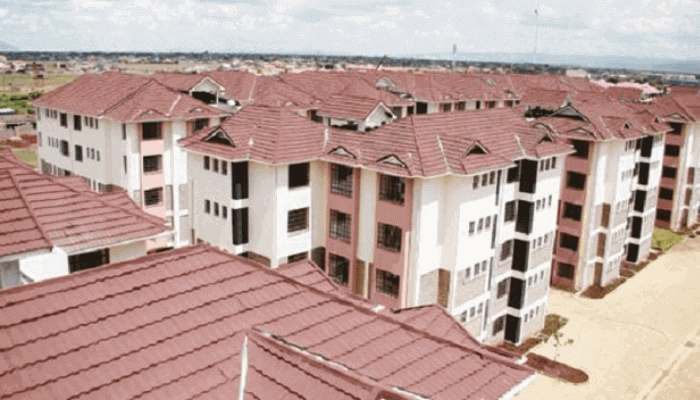Finding a place to live in Lagos is already a major challenge. With sky-high demand and limited housing supply, renters are facing rising prices and stiff competition. But a disturbing new trend is making things worse ethnic discrimination in Lagos housing.
Instead of choosing tenants based on financial stability or references, some landlords are now rejecting applicants based on their tribe or state of origin. This tribal bias is quietly reshaping the rental landscape in one of Africa’s most diverse cities.
Gideon Nwokedi, a professional in Surulere, shared his recent experience while trying to rent a new apartment.
“I was shocked. I had the rent and documents ready, but the landlord said, ‘I don’t rent to Igbos.’”
Sadly, this is not an isolated case. Macaulay Okafor, another prospective tenant, was told outright that a newly renovated apartment in Ikotun-Egbe was for Yoruba tenants only.
These stories reflect a growing pattern of ethnic bias in Nigeria’s rental market, particularly in Lagos, where over 20 million people live.
Housing experts blame the worsening situation on high demand and low supply. According to the State of Lagos Housing Market Report (Vol. 3) by the Roland Igbinoba Real Foundation, Lagos faces a housing deficit of 3.4 million units as of 2025—up from 2.95 million in 2016.
More than 70% of Lagosians are renters, and many spend 40-60% of their income on rent. With such a tight market, landlords often feel empowered to set arbitrary rules including ethnic preferences.
“It’s a landlord’s market,” explains real estate consultant Yemi Olakunle. “Some are using that power to discriminate based on tribe, religion, or region.”
Lagos residents have taken to X (formerly Twitter) to vent their frustration.
One user, @Mochievous, wrote:
“Rent in Lagos is ridiculous. I got hit with a 150% rent increase just nine months into my lease.”
Another user, @oku_yungx, blamed the rental agents:
“Agents push landlords to raise rents for higher commissions. It’s a game, and tenants are losing.”
While tenants complain, landlords argue that they are under pressure too. Many cite rising maintenance costs and inflation as reasons for rent increases.“A 50kg bag of cement went from ₦4,000 to over ₦9,500,” says one landlord. “Painting the same house now costs millions more than it did two years ago.”
Diesel for boreholes and estate generators has also become a major cost, especially since the 2023 fuel subsidy removal.
Still, rising costs do not justify discrimination. A rental decision should be based on facts not a tenant’s tribe.
Lagos is one of the most diverse cities in Africa. Its strength lies in that diversity. But when landlords begin excluding people based on their ethnic background, it undermines trust, fairness, and social harmony.
Experts say it’s time for stronger policies that protect tenants from ethnic and tribal bias.
“Ethnic profiling should have no place in the housing market,” says Olakunle. “We need clear legal safeguards to prevent this from becoming the norm.”
Ethnic discrimination in Lagos housing is a growing concern that reflects deeper issues in Nigeria’s urban housing system. The housing shortage, inflation, and regulatory gaps have allowed tribal bias to thrive. If left unaddressed, this trend risks dividing communities and worsening inequality in the very cities meant to bring people together.




